Elevate: investing in the next generation
Our new Global Citizenship campaign concentrates the Firm's volunteering and charitable giving efforts on investing in youth through education, empowerment and employability

White & Case’s Global Citizenship initiative is a cornerstone of our Firm, and our 2023 pro bono and charitable work was driven by both passion and purpose. This review tells these stories and demonstrates what we can accomplish by focusing our knowledge and resources on the challenges of our time.
In the United States, our Racial Justice Task Force worked to seal decades-old criminal records for pro bono clients, enabling them to pursue better employment, housing and educational opportunities. Relying on a law that addresses sentencing disparities that disproportionately affect Black people, we secured freedom for individuals who had served lengthy sentences imposed when they were under the age of 25 years. Our externship program with Historically Black Colleges and Universities enabled students to work with us on racial justice pro bono matters.
Across conflict-torn regions, our lawyers advocated for asylum-seekers and other forced migrants. As the war in Ukraine continued, we helped eligible refugees obtain UK visas and began researching critical issues that included how Ukraine will finance its eventual reconstruction.
We also secured critical rights for girls. In the US, we helped end child marriage in three states and collaborated on draft legislation to change the federal laws that enable it. In Kenya, we structured a Development Impact Bond that funds sexual and reproductive health care for teenaged girls.
On the environmental front, our lawyers analyzed the constitutions of every country in the world to help ensure access to clean drinking water and sanitation as a human right. Our work also included designing a debt-for-nature swap in Southeast Asia, which will preserve hundreds of square miles of coral reefs.
We retained our focus on educating and empowering the next generation of legal leaders. Key initiatives included training Kenyan lawyers on developments in arbitration law and expanding our support of the Willem C. Vis International Commercial Arbitration Moot for law students in Africa, Central Asia and Eastern Europe.
Our efforts had tangible benefits for people around the world, and I am immensely proud of what we have accomplished together. Our work continues and evolves, grounded in the belief that the law can be a force for positive transformation on a global scale.
The Firm's first Global Citizenship campaign focuses Firmwide efforts to amplify impact
Our new Global Citizenship campaign concentrates the Firm's volunteering and charitable giving efforts on investing in youth through education, empowerment and employability

Highlights include the expansion of our Racial Justice Task Force and our efforts on behalf of asylum-seekers and refugees
Multipronged effort helps individuals disproportionately affected by our criminal justice system and addresses racial injustice
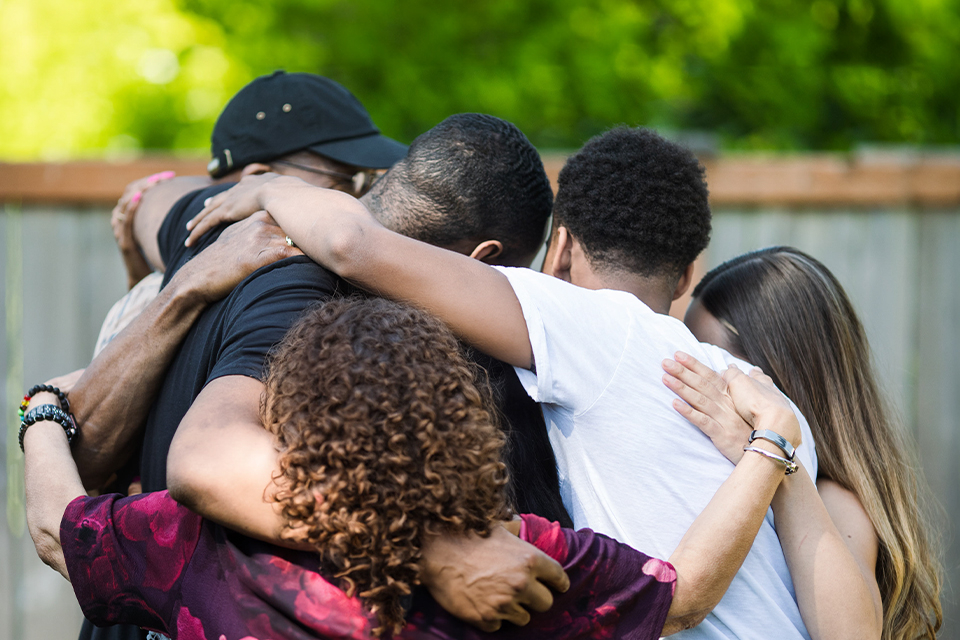
Our work focused on protecting women's rights and providing humanitarian assistance and legal aid for Ukraine
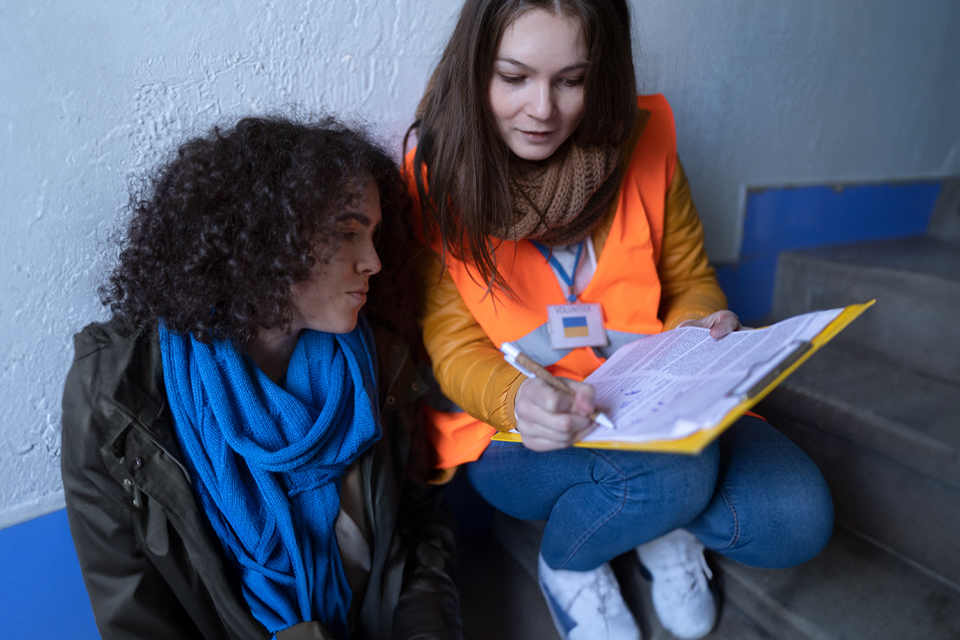
Structuring a Development Impact Bond that enhances reproductive health services for girls in Kenya
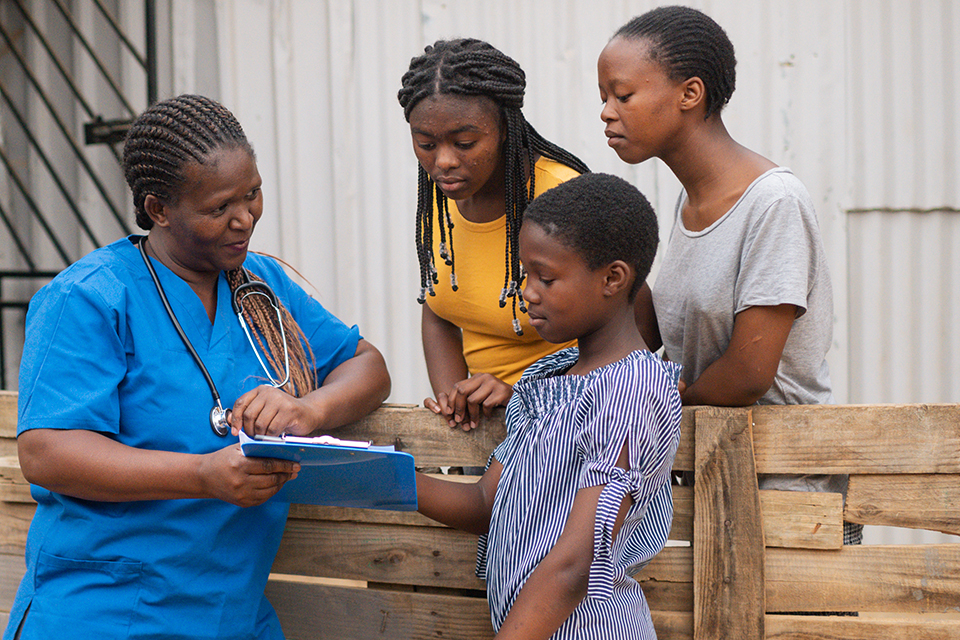
Momentum continues to build as we helped change laws in three more states, bringing the total to ten states
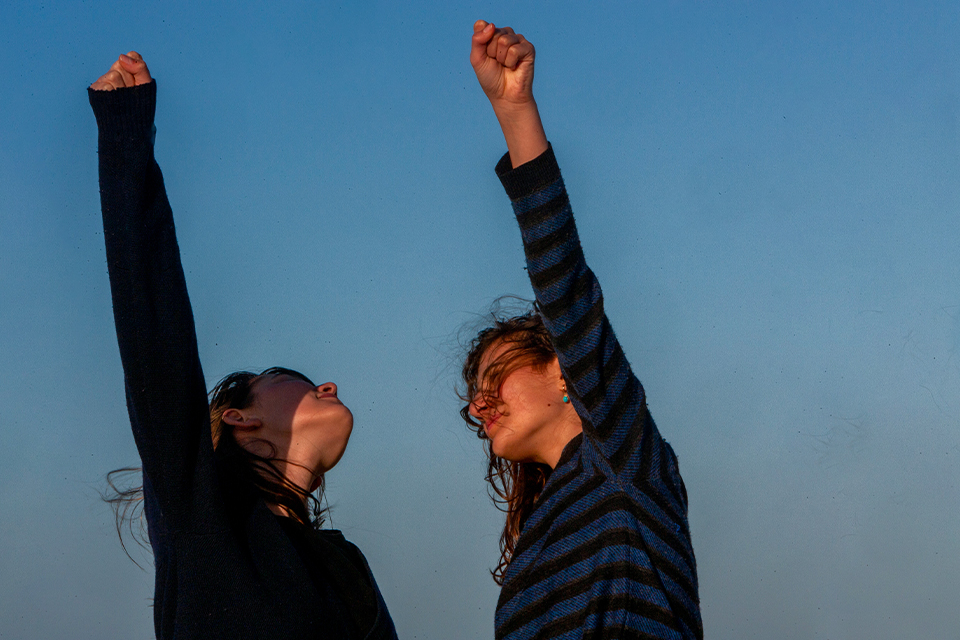
We used our legal skills to safeguard the human right to water and draft an innovative debt-for-nature swap
The Firm's latest debt-for-nature swap was among the first to tap into a newly reauthorized US law
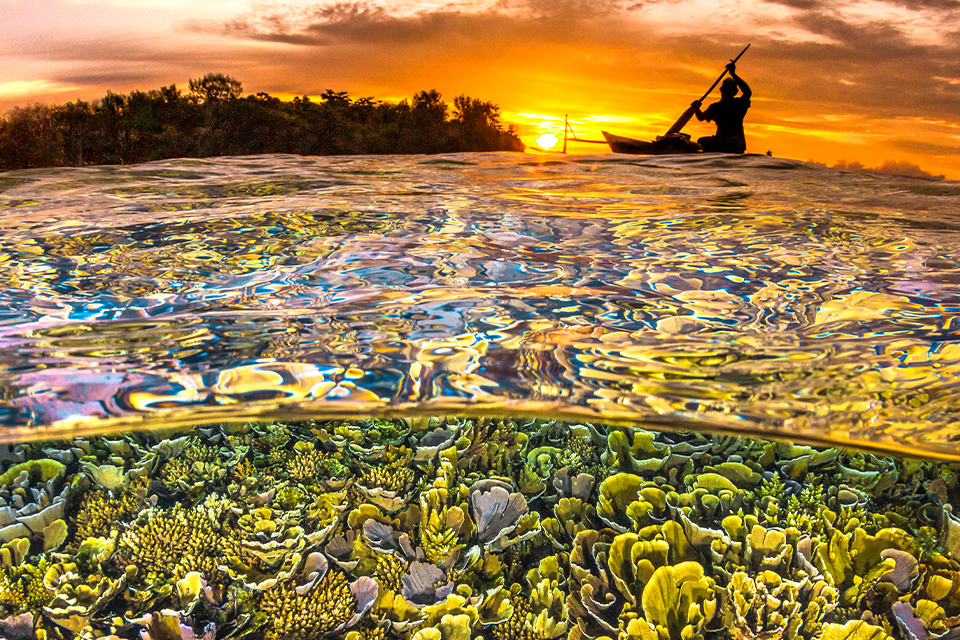
Our legal research for Human Right 2 Water helps push essential needs toward becoming legally protected human rights
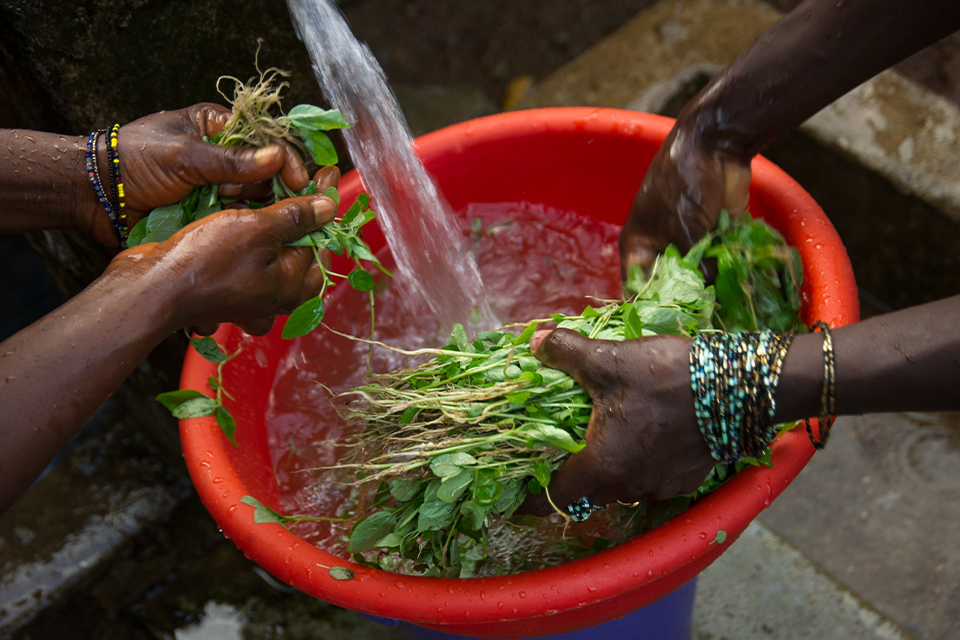
Building legal capacity by training practitioners and future lawyers in developing countries
The Firm expanded its Vis Moot training to students in Central Asia and Eastern Europe

The competition opens doors and shapes careers for many law students around the world
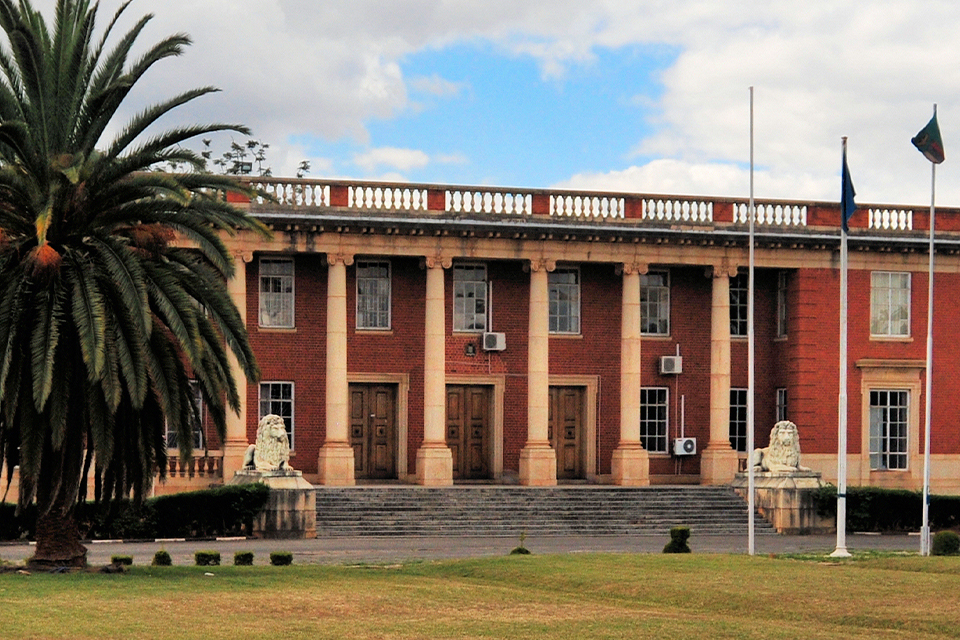
Training programs help Nairobi's push to become a preferred venue for dispute resolution
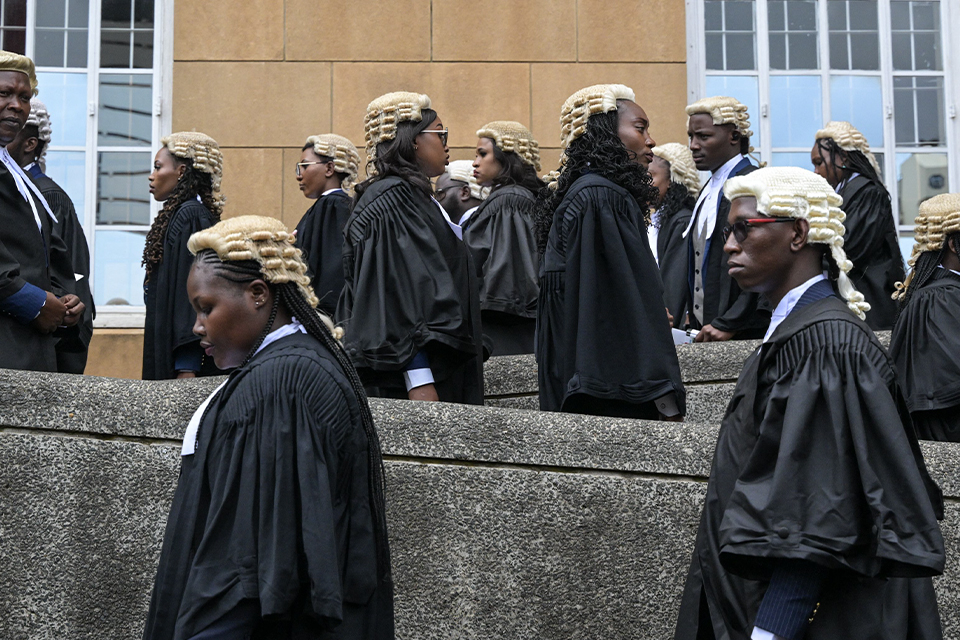
Our work focuses on providing access to justice, serving organizations with a social or environmental mission and promoting the rule of law and good sovereign governance
105,550pro bono hours in 2023
100k+ pro bono hours for the seventh consecutive year
100% of our offices and practices do pro bono work
125+ partners and counsel serve as pro bono leaders
800+ pro bono matters in 2023
Amazon and White & Case raise the bar on pro bono collaborations with four projects in 2023
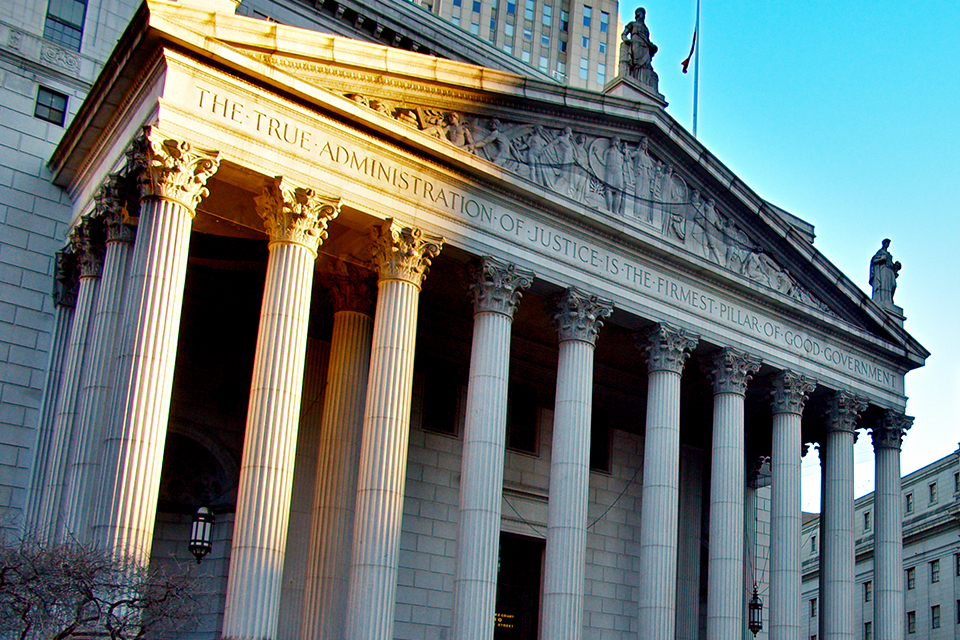
White & Case teams up with Jawun to support Australia's Indigenous communities

For more information about our commitment and activities, please visit our Global Citizenship web pages.
Photo by © Sinology / GettyImages
Sunset in a city park in China.

The Firm's latest debt-for-nature swap was among the first to tap into a newly reauthorized US law
There is an increased focus on reducing the carbon impact of human activity, along with conservation efforts that improve carbon capture on every continent. Yet, more than 70 percent of the earth's surface is covered in water, which raises a question: What more can be done to protect our oceans?
A White & Case team offered one answer through its 2023 work with longtime pro bono partner Conservation International to design a debt-for-nature swap, which will preserve hundreds of square miles of coral reefs in waters off a Southeast Asian country in exchange for cancelling a portion of that country's debt. The deal is believed to be among the first to protect coral reefs under the recently reauthorized US Tropical Forest and Coral Reef Conservation Act (TFCCA). The act enables countries to relieve debt obligations to the US government in exchange for the commitment to protect critical natural areas.
Conservation International called the 1998 law "the most important conservation law you've never heard of." The nonprofit spearheaded a successful effort in 2020 to encourage Congress to reauthorize the TFCCA law, which lapsed in 2014, and to extend its focus on tropical forests to include coral reefs that play a critical role in carbon sequestration and supporting marine wildlife. At the time the law was reauthorized in 2019, Conservation International estimated that it had helped preserve about 68 million acres of tropical forest.
Washington, DC partners Martin Menski and Suzanne Perry led the Firm's team and said the debt swap presented interesting challenges. For example, while the US Congress renamed the law to include coral reefs, some of the finer points of structuring the deal required the lawyers to translate provisions from "land to sea," including accounting for the law's flora and fauna provisions when coral is arguably both.
Menski and Perry believe that debt swap deals like this could be a vital tool for developing countries that are looking for ways to partner with the US on sustainability while reducing their external debt burdens, noting that the TFCCA provides precedent and a clear, feasible path to impact. They hope their team's innovative debt swap paves the way for additional deals to protect threatened coral reefs worldwide.
Since 2006, White & Case has worked with Conservation International and other environmental groups on seven debt-for-nature swaps for a value of approximately US$200 million for conservation. Romas Garbaliauskas, Conservation International's Vice President for Conservation Finance Innovation and Replication, is a White & Case alum who worked on some of the Firm's earliest debt-for-nature transactions.
"Most of my career has been dedicated to driving more finance into nature, starting in 2006 when I led the Firm's first pro bono engagement on a TFCCA deal," says Garbaliauskas. "Since then, White & Case has supported Conservation International's work on debt-for-nature transactions and beyond," he adds. "Our collaboration is growing as the need to conserve biodiversity and address a changing climate grows. We expect to see more deals like this in the future."
Protecting our oceans through high-quality governance institutions
To advance the Sustainable Development Goals (SDGs) and better understand how governance affects the protection of our oceans, our lawyers teamed up with the United Nations Development Programme's Global Policy Centre for Governance and the German Institute of Development and Sustainability to examine connections between SDG 16 (Peace, Justice and Strong Institutions) and SDG 14 (Life Below Water). This collaborative study grew out of earlier research concerning the relationship between SDG 16 and SDG 1 (No Poverty) and SDG 10 (Reduced Inequalities). By assisting with a systematic review of academic publications, 23 White & Case lawyers from nine offices laid the groundwork for the study's key findings. For example, one finding was that transparency and combating crime, including corruption, are instrumental to marine and coastal protection.
Photo by © Grant Thomas
Sunset at Lissenung Island in Papua New Guinea.